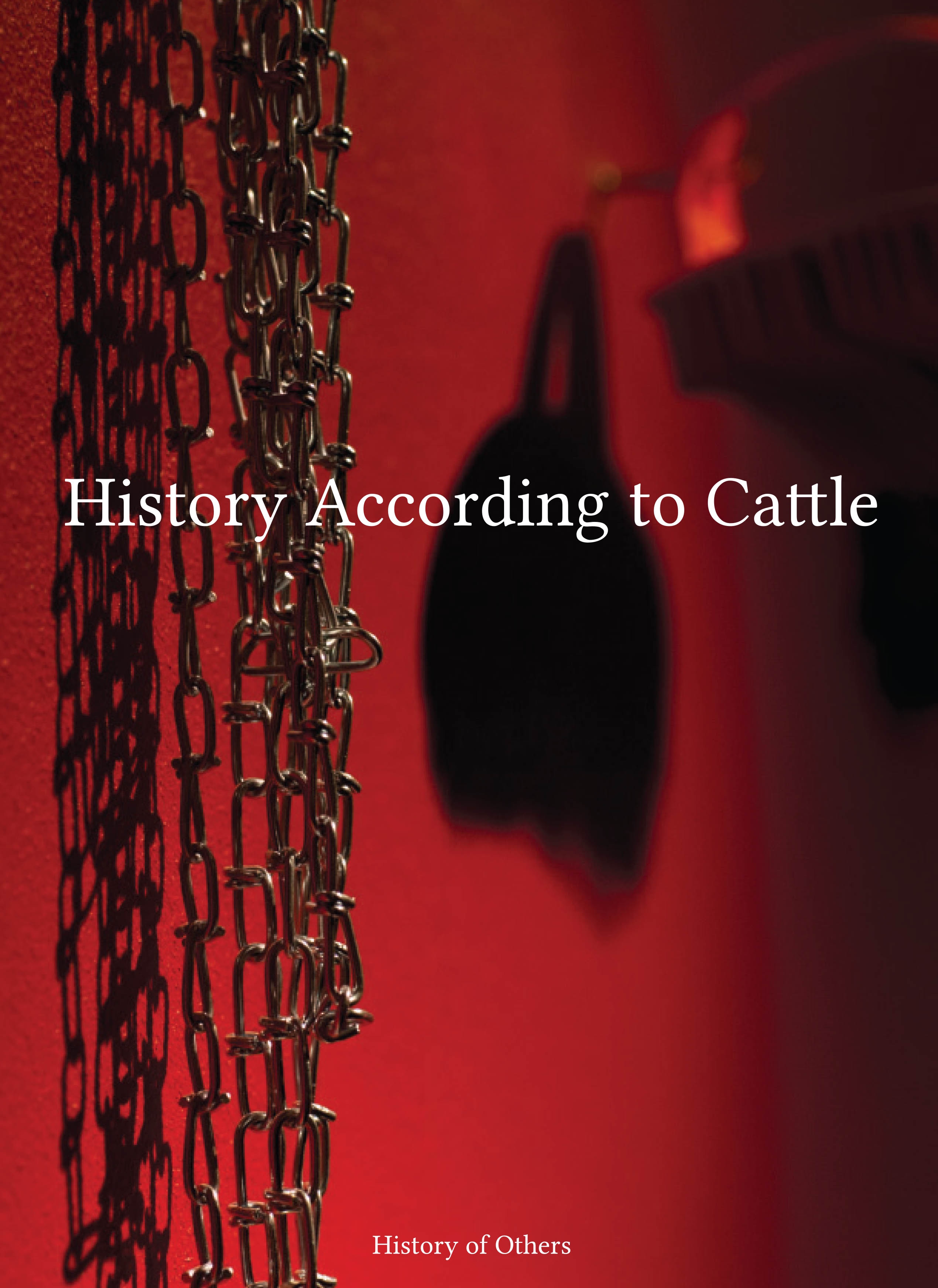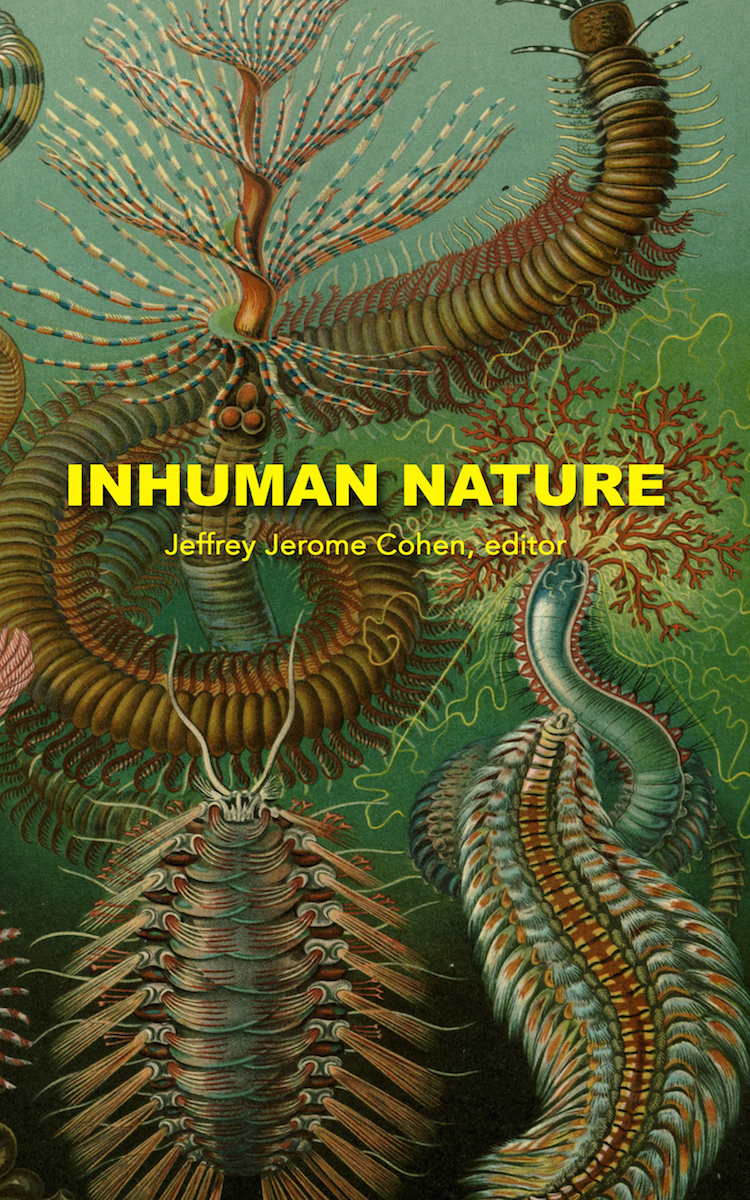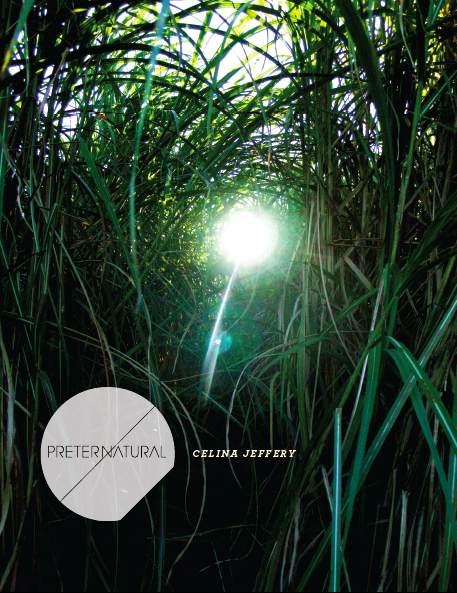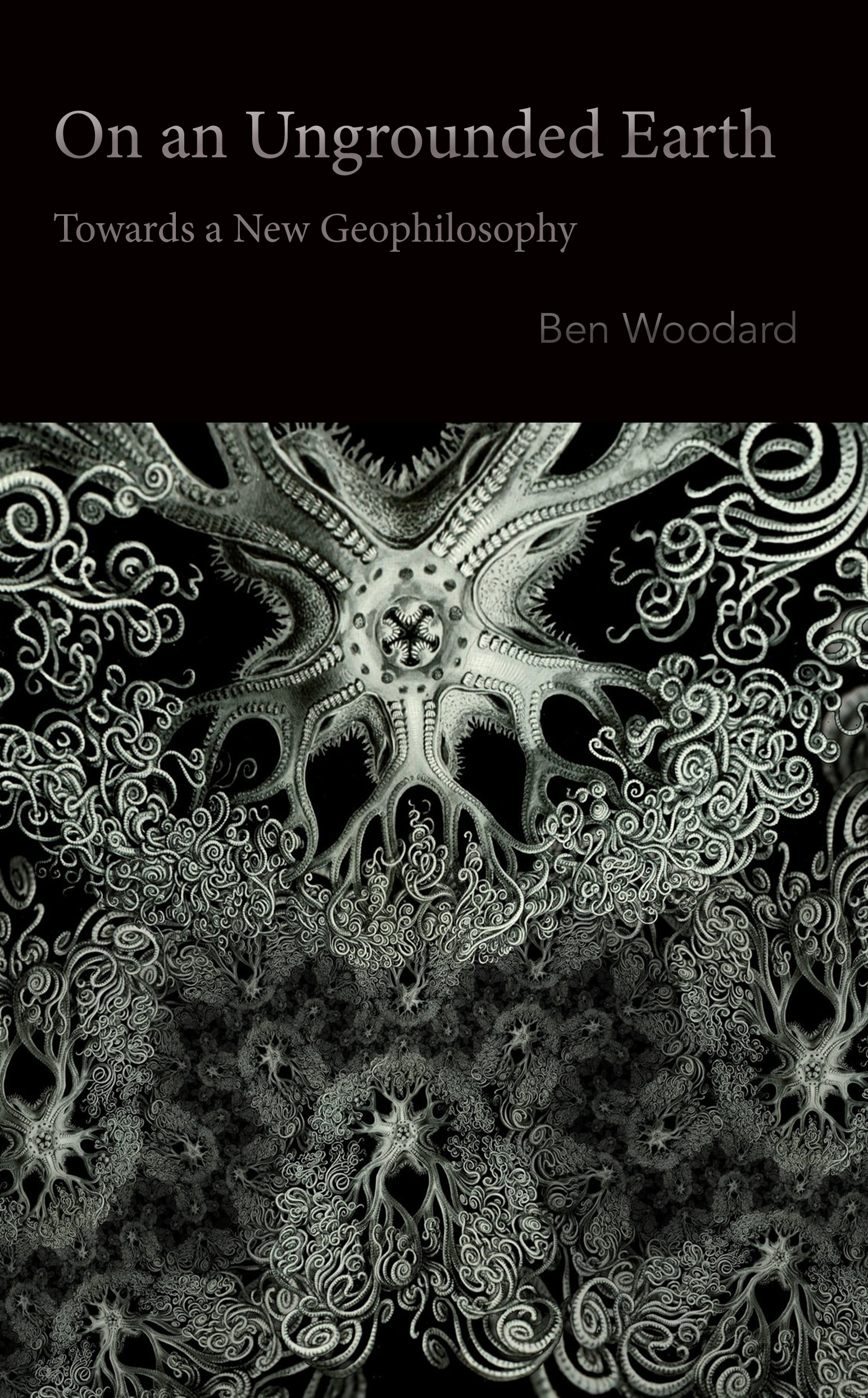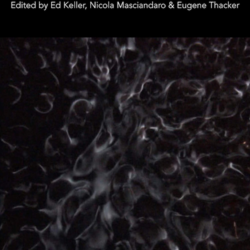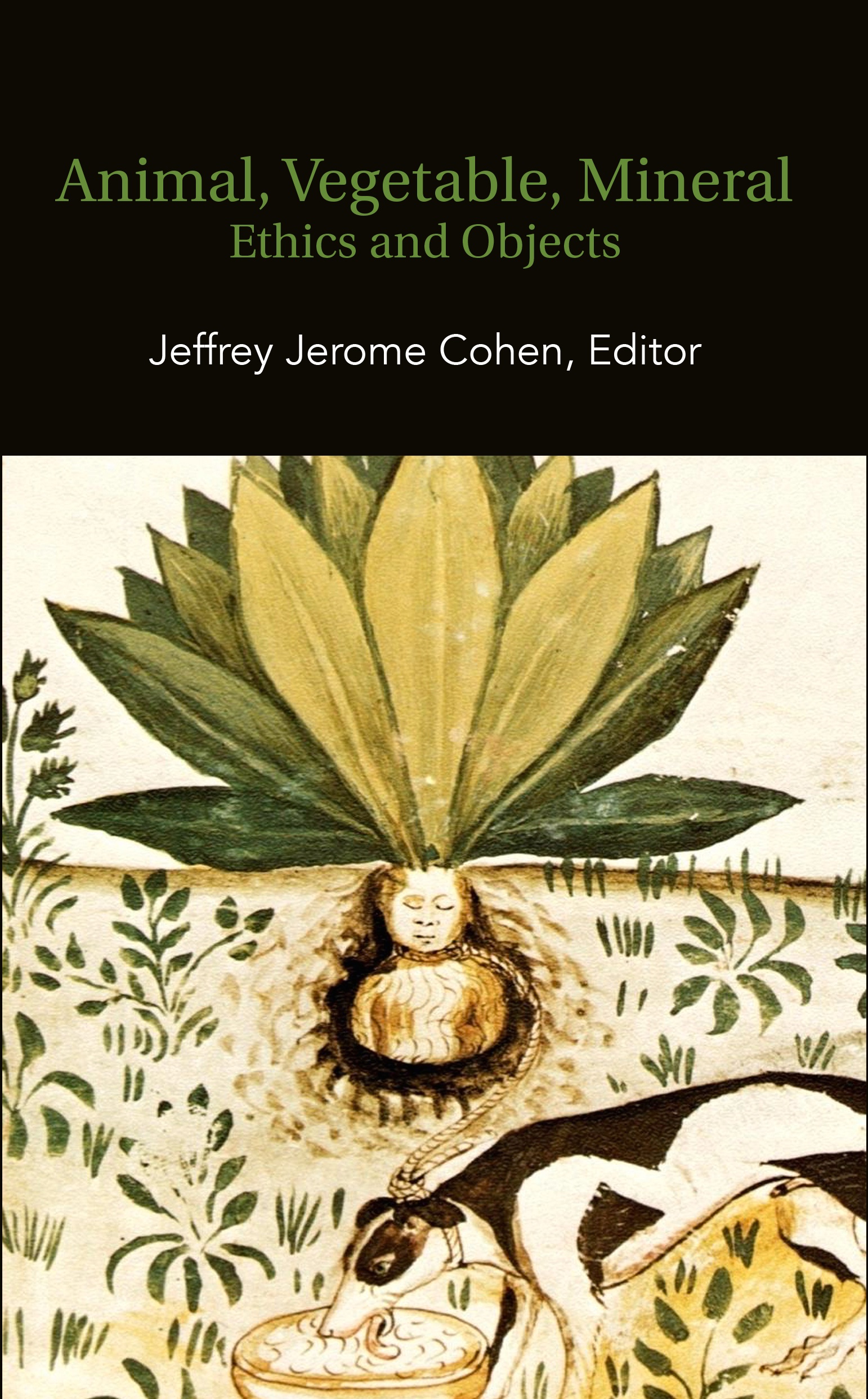History According to Cattle
Published: 10/01/2015
Download Poster for History of Cattle Timeline HERE. History According to Cattle is an expanded account of the acclaimed art and research project History of Other’s first major installment, The Museum of the History of Cattle (2013). The exhibition presents a large-scale ethnographic museum of world history as seen from the perspective of cattle, one[…]

